#sergei bondarchuk
Text
Natasha and Pierre throughout several adaptations of War and Peace
[BBC War and Peace (2016), War and Peace (Bondarchuk, 1965-1967), War and Peace (Prokofiev), BBC War and Peace (1972), War and Peace (1956), War and Peace (2007), Natasha, Pierre & the Great Comet of 1812 (Malloy)]
#war and peace#natasha rostova#pierre bezukhov#lev nikolayeviç tolstoy#natasha pierre and the great comet of 1812#prokofiev#bbc war and peace#audrey hepburn#lily james#sergei bondarchuk#paul dano#soviet film
72 notes
·
View notes
Text
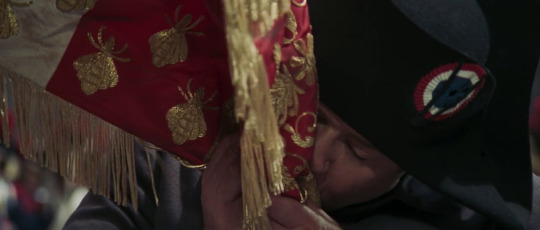
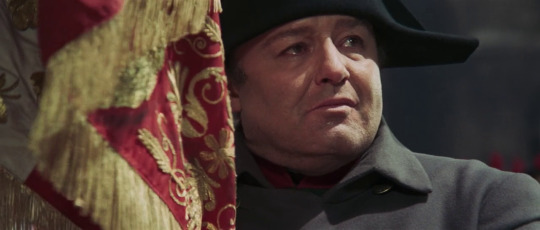


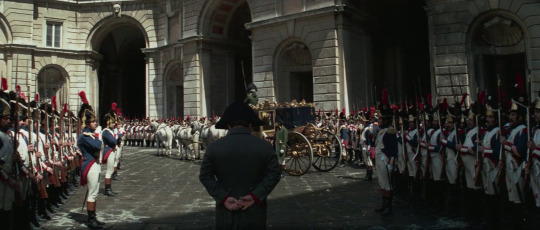
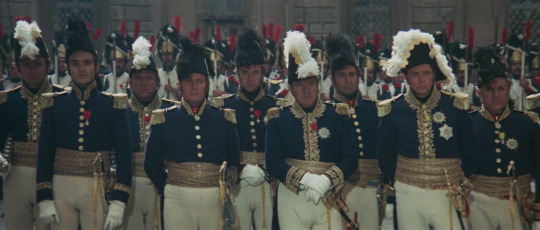

Waterloo (1970), dir. Sergei Bondarchuk
#waterloo#rod steiger#period drama#napoleon#napoleon bonaparte#napoleón bonaparte#napoleonic era#napoleonic wars#sergei bondarchuk
77 notes
·
View notes
Text





War and Peace, dir. Sergei Bondarchuk (1966–1967)
#love Napoleon ❤️#Sergei Bondarchuk#Bondarchuk#napoleonic era#napoleonic#napoleon bonaparte#napoleon#Napoleon’s marshals#icons#first french empire#french empire#war and peace#Leo Tolstoy#tolstoy#france#Russian lit#Soviet films#history#french revolution#frev#films#film#film stills#stills#filmedit#aesthetic
90 notes
·
View notes
Text

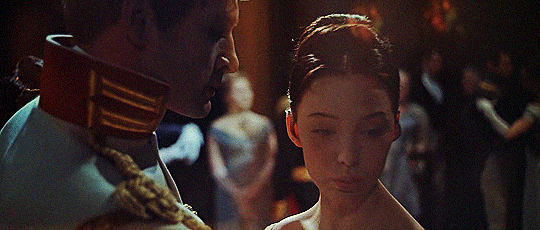
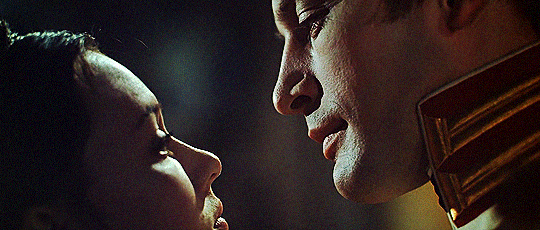
War and Peace Part II: Natasha Rostova (1966)
dir. Sergei Bondarchuk
24 notes
·
View notes
Text

@miraclesabound so, uh. blame op for this. it wouldn't leave me alone until i did it.
#by me#war and peace#war and peace (& emails)#anatole kuragin#natasha rostova#natalia rostova#war and peace 1965#sergei bondarchuk#ludmila savelyeva#vasily lanovoy#natasha pierre and the great comet of 1812#great comet#natasha and anatole#leo tolstoy#my videos
69 notes
·
View notes
Photo
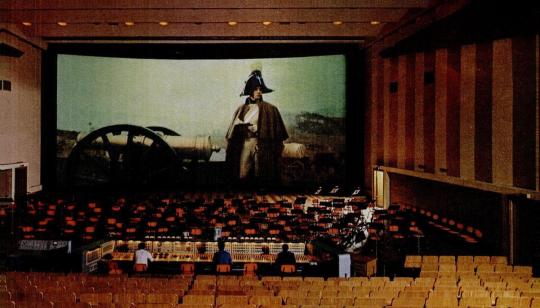
Unknown, MOSFILM technicians prepare to score a scene from the great Sergei Bondarchuk version of War and Peace. 1967
if you’ve never seen this, it’s an amazing movie version of the nearly unfilmable novel. I used to watch a bootleg version but the subtitles were pretty rough. Criterion has since released it with good titles and you can see it on their channel or buy it( like I did.)
158 notes
·
View notes
Text

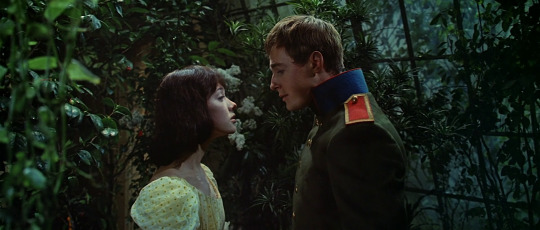
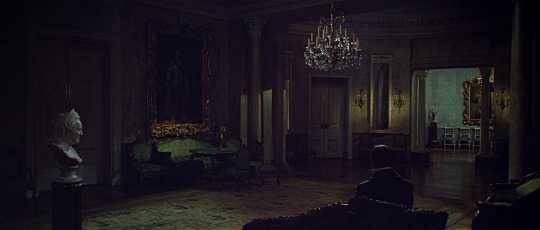
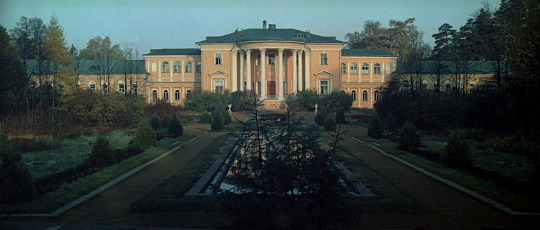

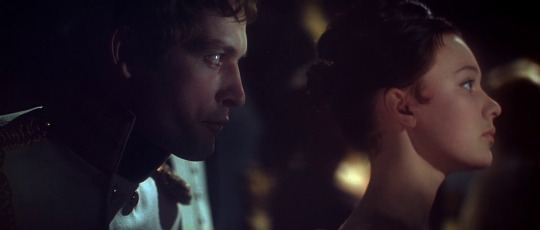


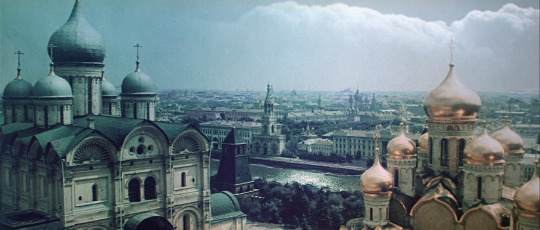
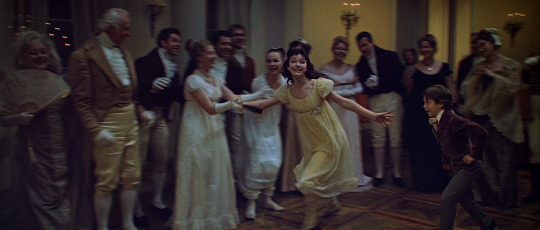
War and Peace (1966-67) | dir. Sergei Bondarchuk
#war and peace#sergei bondarchuk#ludmila savelyeva#vyacheslav tikhonov#vasily lanovoy#films#movies#cinematography#scenery#screencaps
275 notes
·
View notes
Text
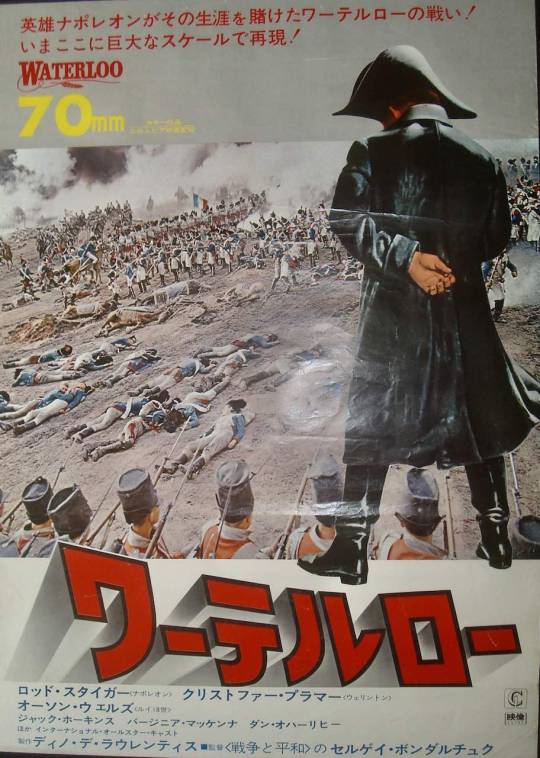


WATERLOO (1970) - NAPOLEON IN MOVIES (Part 10/10)
We end this Napoleonic era movie tribute with another Russian epic directed by Sergei Bondarchuk (see Part 2) focusing on Napoleon's final battle and ultimate defeat against the combined armies of the Alliance (Russia, Prussia and England) in Belgium.
An all-star affair with a moody Rod Steiger as Napoleon, it is a marvelous spectacle to watch showing that once more Russian Cinema had nothing to envy to Hollywood in terms of scales.
Above are posters from Italy and Japan printed for the original releases of the movie (Click on each image for details).
Director: Sergei Bondarchuk
Actors: Rod Steiger, Christopher Plummer, Orson Welles
ALL OUR NAPOLEON MOVIE POSTERS ARE HERE
If you like this entry, check the other 9 parts of this week’s Blog as well as our Blog Archives
All our NEW POSTERS are here
All our ON SALE posters are here
The posters above courtesy of ILLUSTRACTION GALLERY
#illustraction gallery#illustraction#Napoleon#Napoleon movies#Waterloo#Sergei Bondarchuk#Rod Steiger#christopher plummer#orson welles#1970#Russian movie#movies#movie poster#japanese movie poster#italian movie poster#vintage#film
5 notes
·
View notes
Text
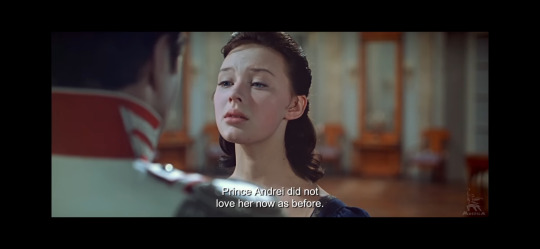
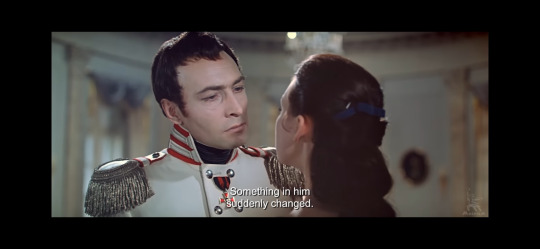
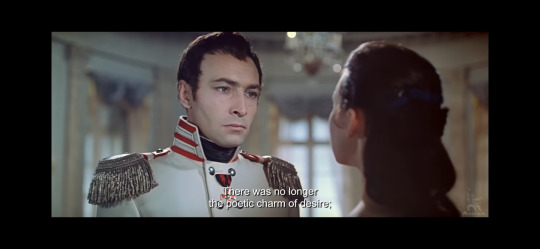
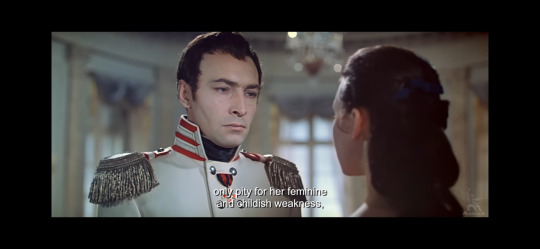
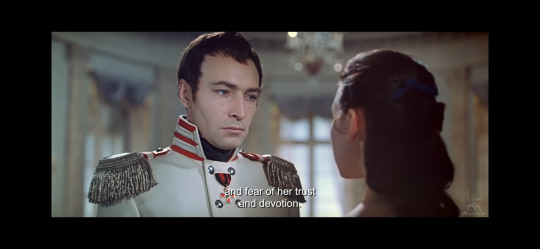

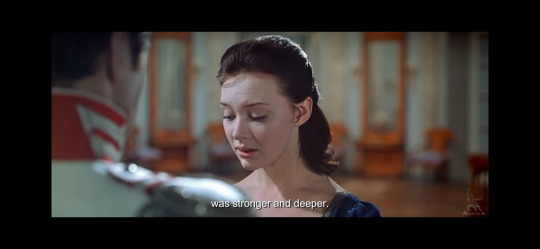
War and Peace, Part II: Natasha Rostova (1966)
Dir. Sergei Bondarchuk
3 notes
·
View notes
Photo
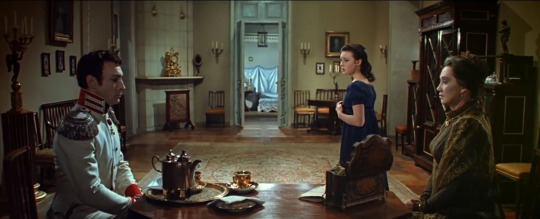



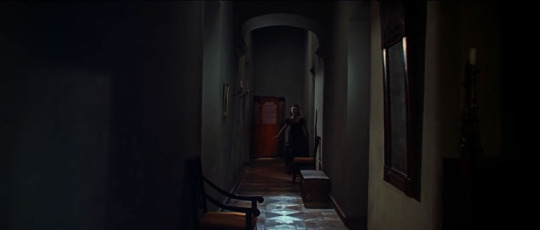
#war and peace#part ii#natasha rostova#sergei bondarchuk#1966#andrei tarkovsky#stalker#werner schroeter#salome#oscar wilde#paris#about photography#u8#wittenau#gesobau#leipzig#the shooting party
9 notes
·
View notes
Text
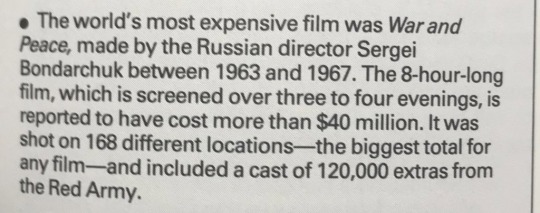
i know war and peace being the most expensive film of it’s time has been disproven, but does anyone know about the claim that it has the highest number of locations for any film up until it’s release?
#i tried to google it but that did not work very well#but i thought it was interesting so i’d like to know#this fact book is from 1987 btw#war and peace#film#soviet film#sergei bondarchuk#fun facts#alt text
10 notes
·
View notes
Text
Waterloo (1970)
Waterloo (1970) #FilmReview
Synopsis-Napoleon has returned from exile to the delight of his French countrymen and has assembled an army to conquer Europe. Wellington led the allied forces of the British, Austrians, Prussians and Russians to fight the French, with the two armies finally meeting in Waterloo, Belgium.
Director- Sergei Bondarchuk
Starring- Rod Steiger, Christopher Plummer, Jack Hawkins, Orson Welles
Genre-…
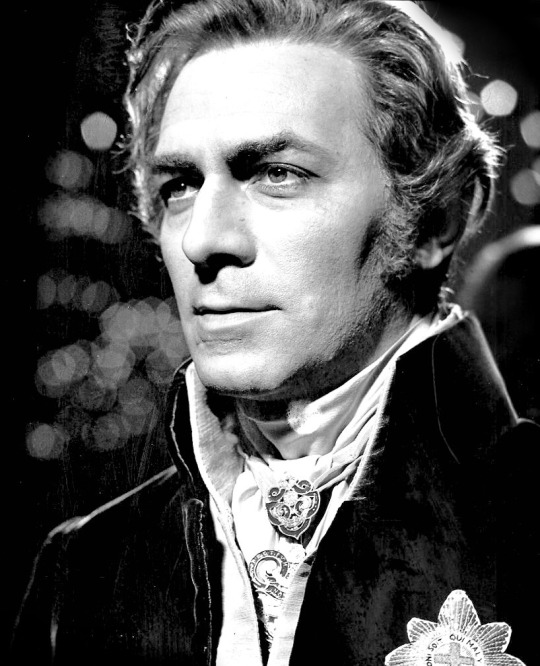
View On WordPress
#1970s Cinema#★★★★★#Christopher Plummer#cinema#Drama#film review#Film Reviews#Historical#Italian Cinema#Jack Hawkins#movie review#Orson Welles#review#Rod Steiger#Russian Cinema#Sergei Bondarchuk#Soviet cinema#War
0 notes
Text
The Battle of Borodino scene in Bondarchuk’s War and Peace
#Sergei Bondarchuk#war and peace#film#film clip#cinema#Soviet Union#napoleonic#napoleonic era#Russian cinema#Soviet cinema#french empire#first french empire#napoleon#napoleon bonaparte#frev#france#Russia#French#battle#battle scene#bondarchuk#scene#video#vid#the battle of Borodino#battle of Borodino#borodino#Leo Tolstoy#Tolstoy
16 notes
·
View notes
Text


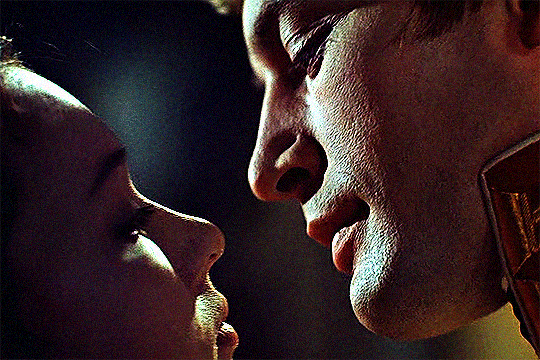
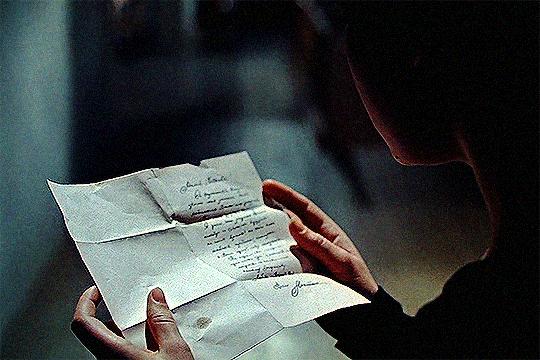
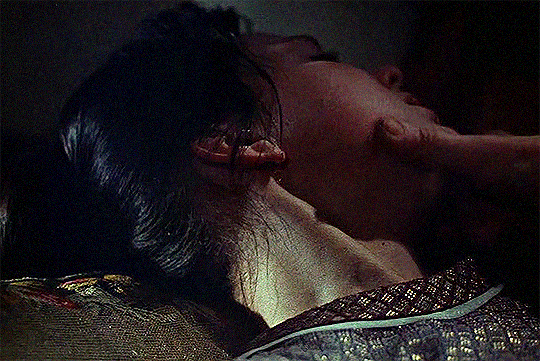

War and Peace Part II: Natasha Rostova (1966)
dir. Sergei Bondarchuk
50 notes
·
View notes
Text
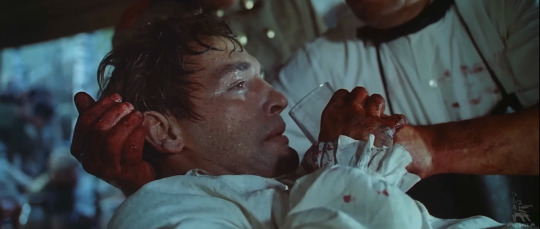
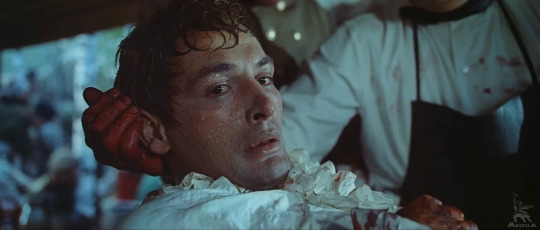

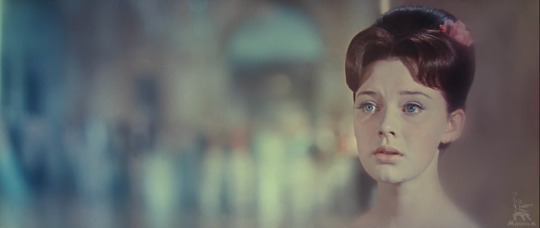
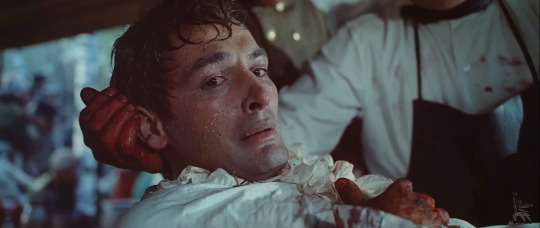
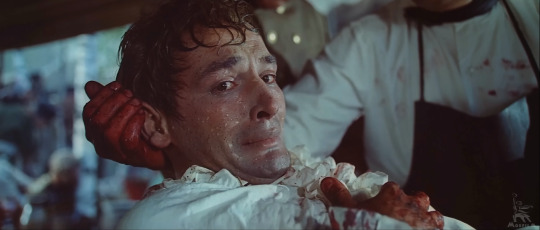
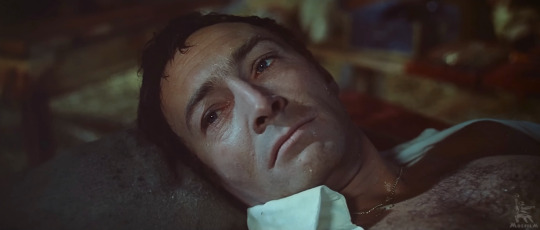
oh i am so not ok over this actually
#yes i immediately went to see how bondarchuk did it. heartwrenching.#by me#war and peace (& emails)#war and peace#anatole kuragin#andrei bolkonsky#andrey bolkonsky#sergei bondarchuk#leo tolstoy#lev tolstoy
47 notes
·
View notes
Text
Fate of a Man is a 1959 war drama film directed by Sergei Bondarchuk. It is an adaptation of a short story by Mikhail Sholokhov.
Synopsis: The film is told in flashback as the main character, Andrei Sokolov, recounts his life story to an old man in the spring of 1946. Born in 1900 in a village in Voronezh, he flees elsewhere to survive the Russian Famine of 1921-2, then returns to find his whole family dead. While working as a carpenter he meets and falls in love with a young woman, and they begin a family together. For 17 years they live happily, until Germany invades the Soviet Union in 1941, starting the Great Patriotic War. Andrei enlists and his wife tearfully prophesies “We shall never meet again in this world” as they are saying their last goodbyes, and Andrei angrily pushes her away. Andrei is captured along with his unit and housed in a ruined church for time, then forced to march to a prison camp. After a remark he makes angers the commanding officer of the camp the officer calls him in and tells him he will shoot him, but offers him a final drink of vodka first. Andrei drinks the whole glass in one go and refuses a chaser, so the officer gives him a second glass, which Andrei drinks in one go. A third glass he drinks without chaser also, and the officer is so impressed he spares Andrei’s life. After Germany’s invasion of Stalingrad fails the Russian POWs are no longer seen as disposable and are treated marginally better. Andrei is assigned chauffeur to another German officer and does his work diligently for a time, then kidnaps his officer and drives into Russian territory, where he turns over the German officer’s briefcase to the commanding Russian officer. Malnourished, Andrei is rewarded for his bravery by being sent home to Voronezh to recover, only to find his entire street bombed into nothing, along with his wife and daughters. Only his son survived, who was working in a factory, and he later enlisted in the army. Heartbroken over the loss of his wife and daughters, Andrei pins his remaining hopes on marrying off his son after the war and caring for his grandchildren, but his son, who becomes a decorated hero, is killed just before the end of WWII. Devastated, Andrei takes up work as a truck driver in faraway parts of Russia, working in Uryupinsk, where he gets to know an orphaned young boy, whose father died in action and whose mother died in a bombing raid. Andrei decides to tell the boy that he is his father and adopts the boy, thereby giving new hope to the both of them. But, he tells the old man, he’s started having heart trouble, and he’s not sure if he’ll see the boy reach adulthood.
Review: The film is good, although old-fashioned. It feels a lot like American WWII films made in the postwar period in terms of subject matter, and the scriptwriting and directing have a very Golden Age Hollywood feel to them, nothing like the newly-emergent modern cinema of the day. The main character suffers much hardship but escapes from several dire situations through sheer strength, heroicness, and gumption, which is typical of old films but may leave modern viewers rolling their eyes. The story is touching, admittedly. Overall whether I’d recommend this film depends on whether you like old movies and their conventions and clichés or not. If you like classic cinema then this film will be right up your alley, and you can watch it on YouTube here.
#films#movies#film#cinema#classic cinema#golden age cinema#classic films#Fate of a Man#film reviews#movie reviews#Sergei Bondarchuk
0 notes